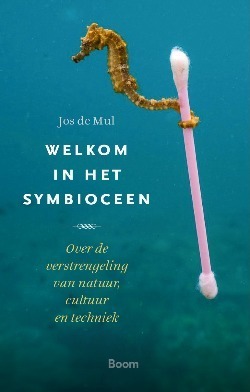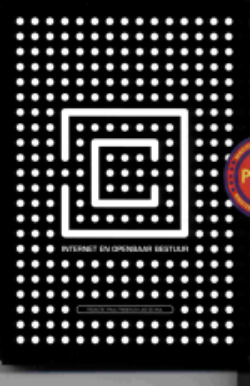Jos de Mul. Videogames, non-linearity and post-history. Aesthetic, History, and Games, 6th annual conference in the Video Games & High Culture Project. Bari, November 10 and 11, 2023.
HISTORY, PHILOSOPHY AND VIDEO GAMES
STORIA, FILOSOFIA E OPERE (VIDEO) LUDICHEIl filosofo Jos de Mul, celebre autore di Homo Ludens 2.0 e Destiny Domesticated, aggiunge un ulteriore livello alle riflessioni sviluppate nelle precedenti tavole rotonde concentrandosi sulla relazione tra Video Games, non linearità e post-storia. Linguaggi, scrittura, informatica, database, intelligenza artificiale. In che modo la tecnologia influenza e connette lo sviluppo degli studi storici con quello della creazione dei giochi, e viceversa? Scienza e tecnologia incidono sui movimenti della storia o è l’animo ludico dell’uomo che spinge alla ricerca e alla trasformazione tecnico-scientifica a causa di un intrinseco desiderio di protagonismo nel flusso del tempo? Nel suo intervento, all’interno di una complessa disamina di un recente passato storicizzato, De Mul sosterrà che la trasformazione dalla struttura lineare narrativa a quella dinamica del videogioco è intrinsecamente legata ai cambiamenti socio-culturali.
English abstract
Histories and games are fundamentally opposed to each other: histories are linear, take place in the past ('Once upon a time') and the sequence of events is fixed; games are non-linear, the outcome lays in the future and the sequence of events is (at least partially) determined by the player. In reality, the contradiction is less absolute: literary techniques such as flashbacks and flashforwards, ellipses and randomization (as in Cortazar's novel Rayuela, in which the succession of the chapters is not fixed) endow histories with non-linear characteristics, whereas non-linear videogames often show a partial linear character, for example because interactive play sequences alternate with narrative ‘video clips’ or because non-linearity is restrained by design ('tree of death').
In his lecture, De Mul will argue that the shift in the past decades from narratives (novels and movies) to videogames is indicative of a fundamental transformation of our culture. The nineteenth century is characterized by the historicization of the worldview: the idea that everything can only be understood from the perspective of its historical development. This applies to both the natural and social sciences (theories of evolution) and the humanities (historicism). However, under the influence of the computer and resulting database technologies a transformation is taking place to a post-historical worldview. In present-day biotechnology, the evolution to date is perceived as only one possible 'path in the genetic database' which can be altered by genetic manipulation (resurrection of extinct species); or by playful computer simulations of historical events (such as real-time strategy games like Stalingrad, which enables the player to alter the historical outcome of the battle).
De Mul will argue that the transformation from narrative to videogame is inherently related to social-cultural developments. Where in the past the life of an individual was often already fixed at birth (if you were born a child of a farmer, you became a farmer yourself), the social and geographical mobility of present lives (at least in the 'global North') has increased enormously. Unlike fixed stories narrating the past, videogames not only embody the experience that the future is open, but even enable the player to alter the past.
Keynote Speaker: Jos De Mul (Professor, Erasmus School of Philosophy)
Complete program of the two-day conference
Location: Apulia Film House, Fiera del Levante Ingresso Orientale, Lungomare Starita 1, 70132 Bari BA, Italy
Date: 10 november 2023, 3:15 PM – 4:00 PM
2023-11-10 (Bari) Videogames, non-linearity and post-history
Typography
- Smaller Small Medium Big Bigger
- Default Helvetica Segoe Georgia Times
- Reading Mode




 Vanaf de derde druk verschijnt
Vanaf de derde druk verschijnt 





